Introduction
Gonadotropins are a class of hormones that play a vital role in regulating reproductive functions in both men and women. These hormones are often used as therapeutic agents to treat infertility and other hormonal imbalances. Understanding the description of the drug and its effect on the body is essential for grasping how gonadotropins contribute to reproductive health.
What Are Gonadotropins?
Definition
Gonadotropins are hormones produced naturally by the body, primarily in the pituitary gland. The main types include:
- Follicle-stimulating hormone (FSH)
- Luteinizing hormone (LH)
In medical practice, synthetic or extracted forms of these hormones are administered to stimulate reproductive processes.
Description of the Drug
Forms of Gonadotropin Medications
Gonadotropins are available in various formulations, including:
- Injectable solutions
- Recombinant gonadotropins
- Urine-derived preparations
Commonly Used Gonadotropin Drugs
- Follitropin alfa (recombinant FSH)
- Menotropins (containing both FSH and LH)
- Choriogonadotropin alfa (used to trigger ovulation)
The choice of drug depends on the specific condition being treated and the patient’s hormonal profile.
Effect on the Body
Mechanism of Action
Gonadotropins mimic natural hormones to stimulate the gonads—ovaries in females and testes in males. Their primary effects include:
- Stimulating follicular development in ovaries
- Triggering ovulation
- Promoting spermatogenesis in males
- Supporting luteal phase maintenance
Physiological Effects
When administered, gonadotropins can lead to:
- Increased production of mature eggs in women
- Enhanced sperm count in men
- Regulation of menstrual cycles
- Potential side effects like ovarian hyperstimulation syndrome (OHSS), mood changes, or injection site reactions
Application and Uses
Gonadotropins are primarily used in:
- Assisted reproductive technology (ART) procedures such as IVF
- Treatment of hypogonadotropic hypogonadism
- Management of certain cases of male infertility
FAQs
What are the common side effects of gonadotropins?
- Ovarian hyperstimulation syndrome (OHSS)
- Bloating and abdominal discomfort
- Nausea or vomiting
- Injection site pain
Are gonadotropins safe?
When used under medical supervision, gonadotropins gonadotropin-for-sale are generally safe. However, improper use can lead to complications, so it is essential to follow healthcare provider instructions.
How long does treatment with gonadotropins last?
The duration varies depending on the treatment plan but typically ranges from a few days to several weeks, with regular monitoring to adjust dosage.
Conclusion
The gonadotropin description of the drug and its effect on the body highlights its crucial role in stimulating reproductive functions. Proper understanding and usage of these hormones can significantly enhance fertility outcomes and address hormonal deficiencies.
